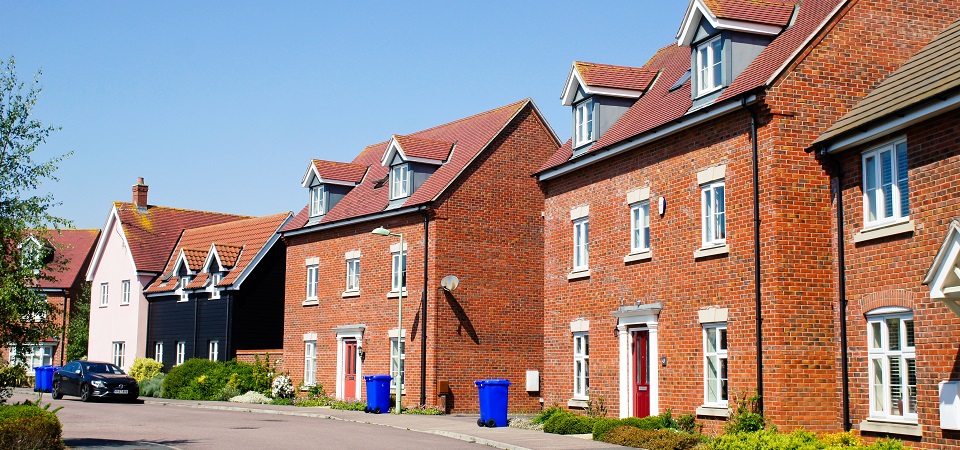Compulsory freehold for new-build houses does not help those already caught in the leasehold ground rent trap. Graham Ireland explains what you can do.
While the government’s move to ban all new build houses being sold as leasehold is great news for buyers of new properties, the changes aren’t retrospective. This means people who have already completed the purchase of a newly built leasehold property may still be subject to onerous leasehold arrangements, particularly in relation to high or escalating ground rent.
The predicament of around 100,000 homeowners has been caused by developers taking advantage of leasehold arrangements to maximise profits. This has left families affected having to pay exorbitant ground rent amounts.
Their plight is exacerbated because high ground rents mean they are unable to sell their properties as buyers are not willing to take on the massive extra charges.
The difference between leasehold and freehold
Leasehold is a way of owning property for a fixed term, without owning the land it is built on which remains in the ownership of the freeholder. Ownership of the house is subject to payment of a rent payable for the land on which the property stands and when the lease expires, ownership of the property reverts to the freeholder.
On the other hand, freehold involves the straightforward ownership of the property and land it stands on. Crucially, there is no time limit on the ownership of property or land under freehold agreements.
Apart from provisions governing the amount of ground rent payable and by how much and with what frequency ground rent increases, people trapped in egregious leasehold agreements must also observe and perform any covenants and conditions contained in the lease such as, in some instances, obtaining permission from the freeholder to make changes to their property like building an extension.
While there is legislation in place stating that any such fees must be ‘reasonable’, many freeholders tend to charge as much as they want to agree to property changes.
How you can help yourself to acquire your freehold
However, there are steps people can take to redress this patently unfair system.
Under the Leasehold Reform Act 1967, leasehold tenants of houses have a right to buy the freehold, with or without the landlord’s agreement.
The legal procedure by which this is done is called ‘enfranchisement’. The 1967 act has been revised over the years, and the rules for calculating the price are complicated so it’s important to take professional advice from a residential property solicitor.
What you must do to qualify for enfranchisement rights
Enfranchisement rights hinge on the house, the lease and the leaseholder meeting specific conditions.
The house has to be divided vertically from adjoining houses, although the building can be divided into flats provided you have the lease of the entire house. In addition, some business premises may qualify as a house under this definition, such as a shop with a flat above.
The lease must be a long one, initially covering a term of over 21 years, or with a right to renew. Finally, you have to have been the leaseholder of the house for the previous two years when you apply for enfranchisement.
The right is to buy the freehold of ‘the house and premises’ covers garages, outhouses, gardens, and yards.
The way the process works – and how we can help
You start the process by serving a tenant’s notice on the landlord, who is usually the freeholder.
Serving the notice triggers the creation of a contract between both sides to grant and accept the freehold and the price is decided using a process set out in law.
If landlords serve a ‘notice in reply’, it should say whether they admit your claim to buy the freehold. If not, landlords are required to give their reasons. Also, landlords are entitled to ask for a deposit of three times the annual rent of the property.
If the landlord admits your claim in the notice in reply, the sale should complete at least four weeks after the price is agreed. If the landlord does not admit your claim, you need to make an application to the county court in order to buy the freehold.
As well as guiding you through the complex procedure of establishing enfranchisement rights, we at WHN can help you to negotiate a lower cost for your freehold – and ensure there are no technical glitches along the way.
For further advice on acquiring a freehold, or any other residential conveyancing matter, call our head of conveyancing Graham Ireland on 01254 272640 or email him at graham.ireland@whnsolicitors.co.uk













